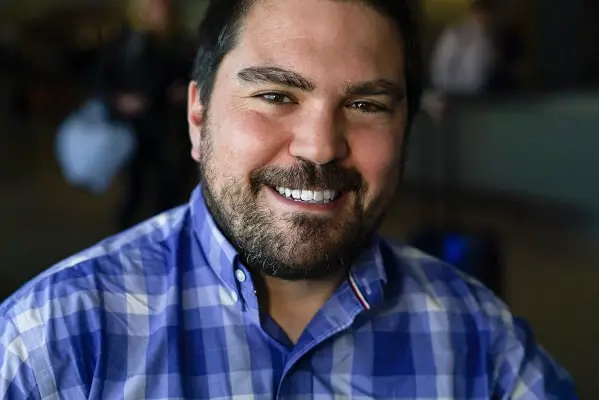Day in the life of
Eating Disorder Therapist – Karen R. Koenig, M.Ed., LCSW

I’m an eating disorder therapist also known as an expert in eating psychology. My specialty within the field is emotional and binge-eating with adults. I also do general therapy with couples and treat depression, anxiety, bi-polar disorder, and trauma.
I work Monday-Thursday, with my first appointment at 12:30pm and my final one at 6:30pm. I have a private practice in my home, I don’t take health insurance, and sessions are 50 minutes long. I also do phone and tele-therapy in addition to in-person sessions. In the mornings I blog, write articles and books (I’m an 8-book award-winning, international author), answer emails, exercise, and get ready for work. Also, for the past five years, I’ve been doing volunteer counseling for a local women’s center.
My typical day
I start my day with answering client emails (I believe in accessibility) and by blogging if I have ideas. I’ve written over 1,500 blogs which are all archived on my website. My practice is to send out blogs related to what was discussed after each client session to reinforce the points I was trying to make.
My first session of the day (Monday through Thursday) is at 12:30 and my final one is at 6:30 and I take an afternoon break. I’m big on self-care for myself and clients, so that provides me with time to have lunch, a mid-afternoon snack, and dinner at a reasonable hour. At 74, my energy isn’t what it used to be, so I try not to have more than three clients in a row and the most I generally have is four. My caseload is about 15 clients/week, including general therapy which I provide for a local women’s center, and for the Emotional PPE project both on a volunteer basis.
Most of my clients are emotional/binge/overeaters who’ve dieted most of their lives. On a typical day, the same themes crop up: shame about weight, frustration about not being able to manage eating comfortable amounts of mostly healthy foods, the pulls back to dieting, life skills that are needed to deal with the blues and blahs more effectively, strategies for enjoying healthy relationships, resolving trauma, useful strategies for decreasing stress, overcoming insecurity and perfectionism, and, almost always managing depression and anxiety which underly most eating problems. We also focus on beliefs driving them and how clients need to be in charge of their thoughts.
In between clients, I send out blogs related to sessions, email clients thank yous for payments, deal with cancellations or rescheduled sessions (lots of that stuff), or answer phone calls or emails from clients about other issues. I don’t take insurance, so billing is pretty straightforward: check, cash, or Zelle via the bank. I have one client who pays by Western Union which I need to pick up at a supermarket. I have an assistant who beautifully manages my social media, but I check my Facebook page several times per week and respond to questions and comments.
I also get interview requests to which I respond and make time during the week for these interviews. Additionally, I sometimes write articles about eating/body image/weight for online and print publications. And I’m currently making notes in preparation for writing my ninth book.
Pros
In terms of pros and cons, I love making my own schedule. I like to be busy but not feel pressured or stressed. Being able to regulate my time is a huge stress reducer that I’m fortunate to have. If I need to make a doctor’s appointment or the like, I can work that in myself without asking anyone’s permission. I usually do a half-hour’s catch-up work at the end of the day and if I come up with an idea for a blog or article on the weekends, I write. Then again, I may take off an afternoon to go to a museum with my husband or take a walk with a friend (but these occasions are rare during working hours). That’s why I take off Fridays, to do these kinds of things. Working for myself, I also like that I can charge what I want (I have a sliding scale) and make my own policies about clients missing or rescheduling sessions. And I don’t need to write treatment plans which insurance companies require or deal with them at all, which therapists will tell you is a huge stressor.
Cons
There really aren’t many cons for me, or maybe I don’t see them. I used to do a good deal of teaching to market my practice, but now that I’m older I don’t want a heavy caseload and, because I’m better known because of my books, I don’t need to market myself as much. When my caseload is low, my time frees up to write (I also review books for the NY Journal of Books) or relax. When I have more clients than I prefer, I just work a little harder knowing that things will eventually even out as they always do.







